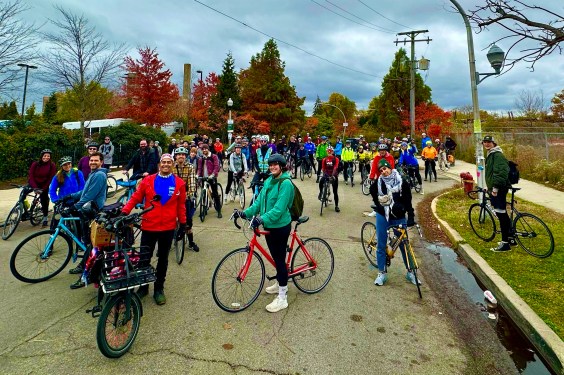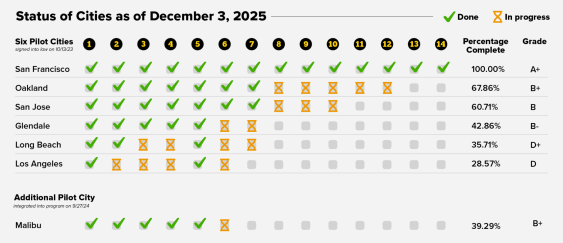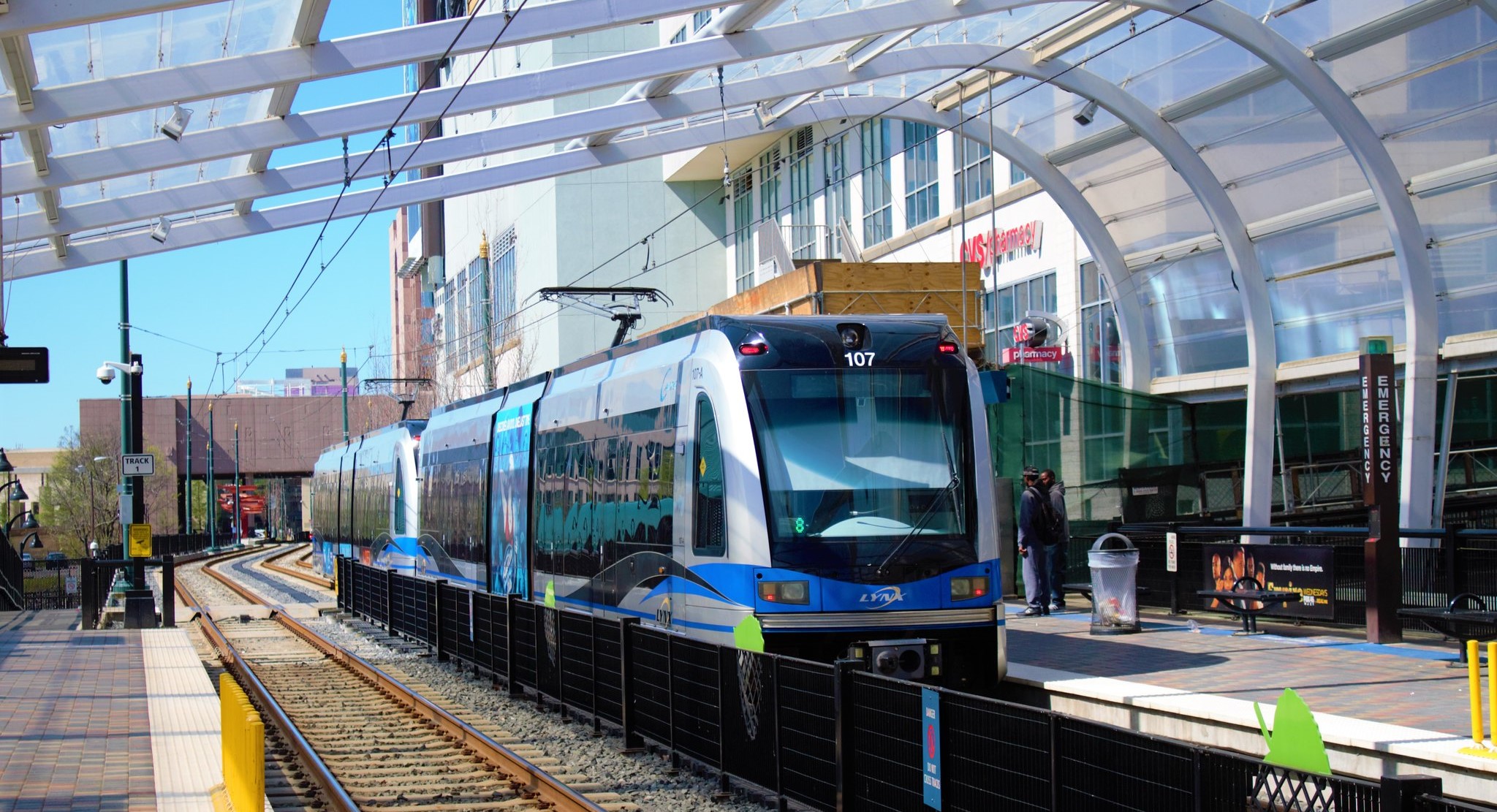President Obama has proposed a plan to pay for the American Jobs Act, the $447 billion bill to create 1.9 million jobs, including $50 billion for infrastructure. His "pay-for" plan includes limitations on itemized deductions for the wealthy and the elimination of some tax loopholes for oil and gas companies.
Republicans have a different idea, though: oil drilling. Several GOP representatives have introduced bills to expand fossil fuel extraction and use the proceeds to fund transportation infrastructure.
Somehow, whatever the problem is in Washington, Democrats want to solve it by raising taxes on the wealthy, and Republicans want to solve it with oil drilling.
When it comes to funding a quick jolt to the economy, it's pretty clear that oil drilling won’t really cut it. “Any royalties from any new energy development wouldn't start flowing to the Treasury for years,” said Erich Zimmermann of Taxpayers for Common Sense. “Essentially this would be like spending money now to be paid for with revenues that may or may not be realized at some future time. Sounds like a recipe for a doubling down on our current deficit mess.”
Some speculate that a GOP oil drilling plan would explain the recent news that House transportation leader John Mica, with permission from his party's leadership, is looking to raise transportation funding levels by an extra $15 billion a year in his proposed six-year reauthorization bill. After all, they’ve said that raising the gas tax is off the table.
A plan to pay for transportation and infrastructure through oil drilling would erode the entire basis of the transportation funding system, which historically rests with the Highway Trust Fund, paid for with fuel taxes and a smattering of other fees on driving and vehicles. In fact, Congress requires that at least 90 percent of what the Highway Trust Fund spends must be generated from taxes "related to the purposes for which such outlays are or will be made."
“Generating additional revenues from an increase in energy production, therefore, would likely violate this requirement and at the very least result in an override of the Budget Act,” Zimmermann said, “but would also call into some question the importance of the ‘user pays’ principle itself as it relates to paying for the transportation system.”
Whether or not Mica is planning on paying for his transportation bill with oil drilling is a matter of speculation at this point. But several other Republicans have already introduced bills to that effect.
Take. for example, the Rebuilding American Roads Act, introduced last week by Rep. Shelley Moore Capito (R-WV). The bill directs the Secretary of the Interior to expand offshore oil and gas leasing, depositing the majority of the revenue into the Highway Trust Fund. Capito estimates that the drilling would yield $435.5 billion over thirty years. After taking out some for waterways, the Highway Trust Fund gets $13.4 billion a year – pretty close to the $15 billion a year Mica’s searching for. Capito says the bill has the added benefit of creating not just infrastructure jobs, but oil-industry jobs too.
Then there’s the Infrastructure Jobs and Energy Independence Act, introduced in May by Rep. Tim Murphy (R-PA). This one would spread the oil-drilling royalties around, giving 30 percent to the states where drilling occurs and 10 percent to the Treasury's general fund. The remaining 60 percent is distributed among several “reserves” – for renewable energy, clean water, environmental restoration, conservation, clean coal and carbon capture and sequestration, nuclear energy – and an "Infrastructure Renewal Reserve," which gets 20 percent of the total.
That would bring in $22 billion a year for infrastructure, according to Murphy. The bill has 20 co-sponsors.
Murphy's proposal could avoid running up against the Congressional language mandating the way Highway Trust Fund revenues are collected and spent by simply using a different mechanism, the Infrastructure Renewal Reserve. Still, Zimmermann’s not so sure this one would fly either.
“The bill stipulates that the highway and highway safety funds be distributed using the same formulas that are used presently,” Zimmermann said. “At present, distribution of a significant portion of funds from the Highway Trust Fund is based on the amount of gas tax paid in a particular state. These new funds, then, would be distributed based on formulas that have nothing to do with where the funds came from, and in fact create an entirely new class of ‘donor’ and ‘donee’ states.”
“Donor/donee” is always one of the most contentious issues regarding infrastructure funding, and in fact often leads to calls for the elimination of federal tax collection and funding of infrastructure altogether.
Sen. Barbara Boxer, chair of the Environment and Public Works Committee, made it clear today that these GOP proposals are a “non-starter.”
“That just sets up a huge fight, and that’s the last thing you want,” she told Streetsblog today. “I don’t want to pay for construction jobs by losing fisherman jobs, and tourism jobs, and recreation jobs, plus destroying some of our environment. It makes no sense. That’s just a controversial way to pay for this.”
Obama’s plan to pay for infrastructure jobs by raising taxes on oil companies and rich folks, on the other hand, has some pretty broad support – even among rank-and-file Republicans (if not their elected representatives): a recent Gallup poll found 70 percent support for it.
Meanwhile, Boxer said if Mica finds another, less controversial way to pay for it, she’d be up for switching back to a six-year bill. Her proposal is to fund transportation at current levels for just two years – at which point new revenues will definitely be needed to keep the Highway Trust Fund afloat.






